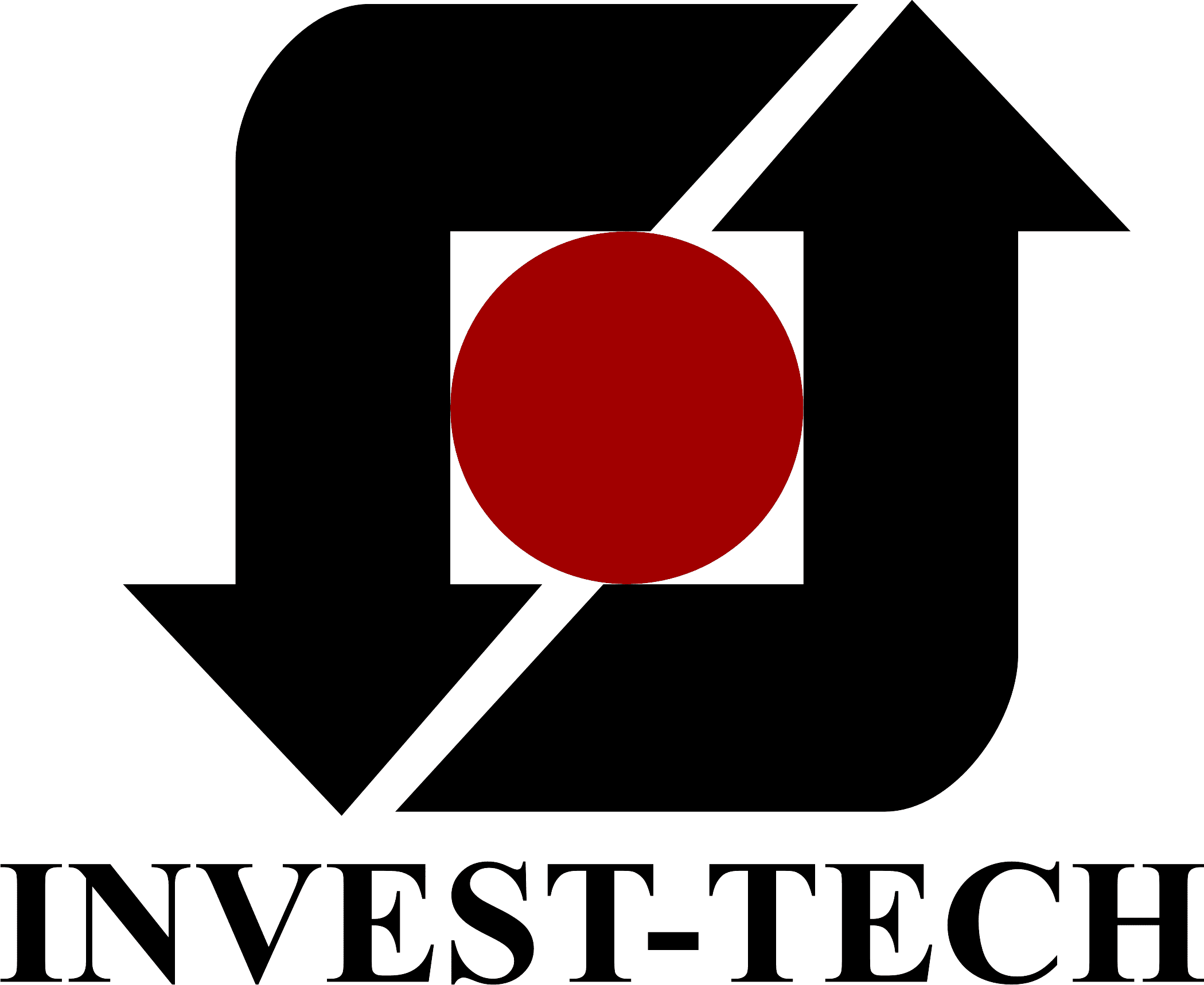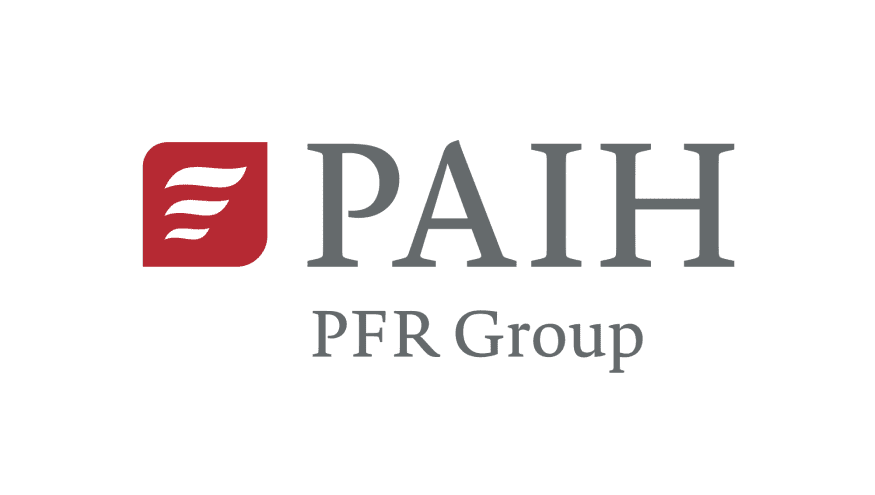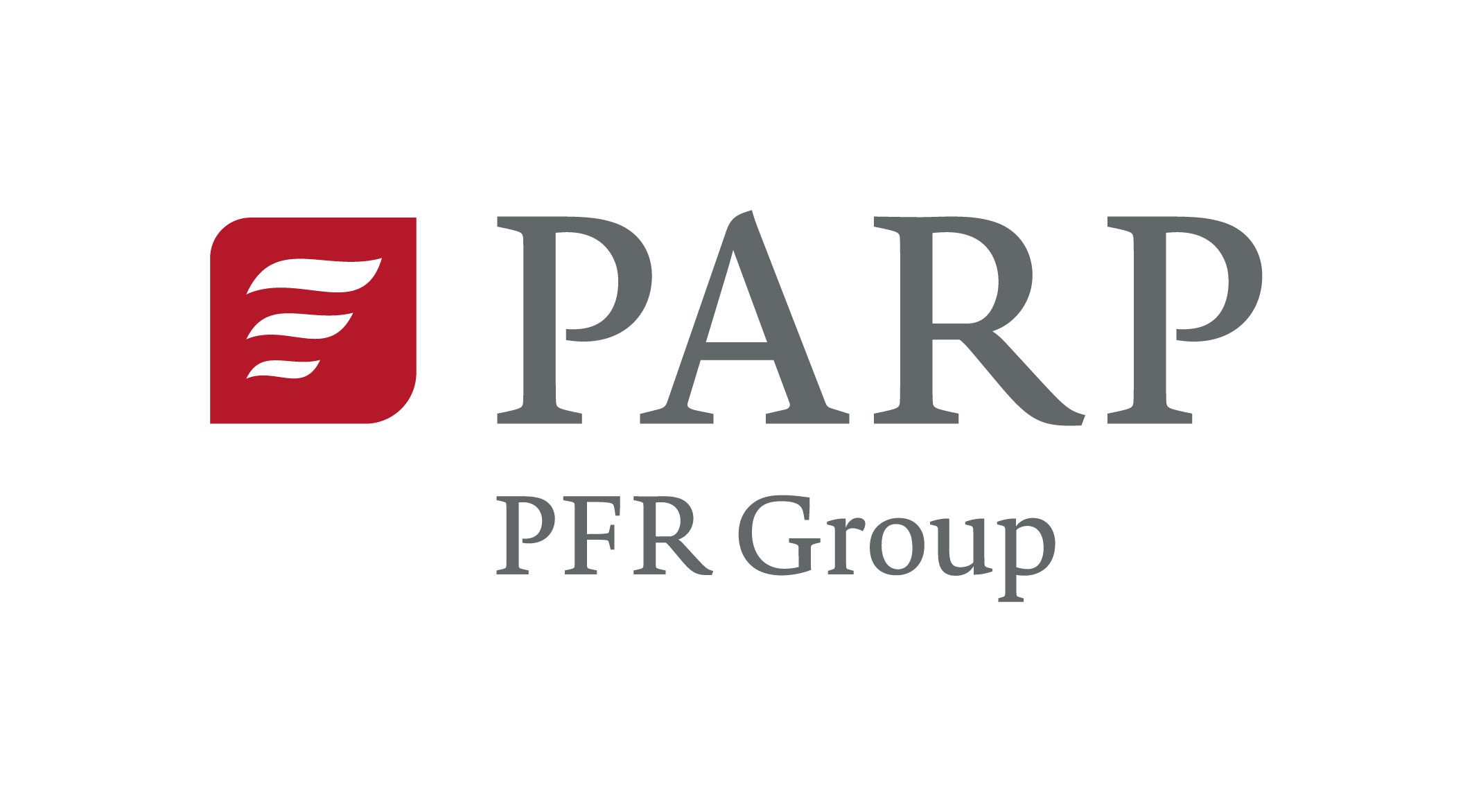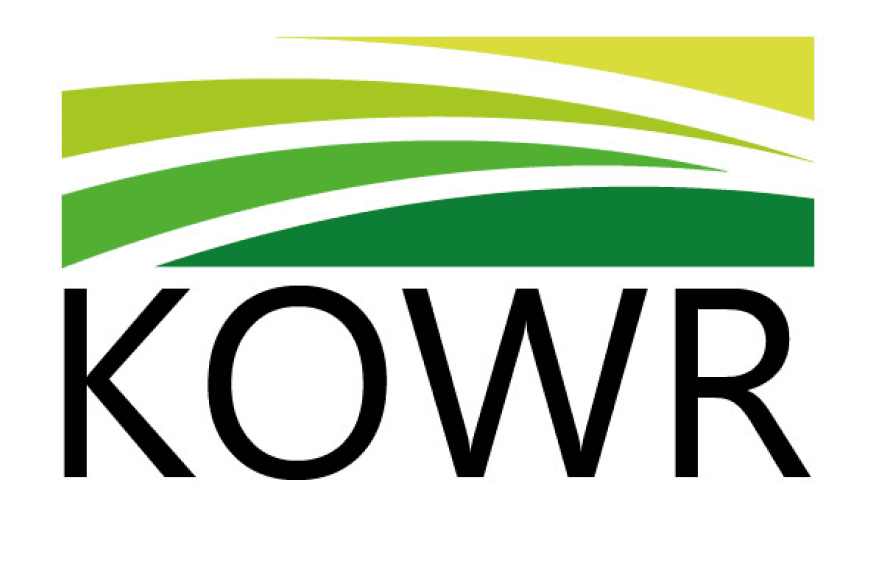16.07.2025
Poland is the leader in Gen AI implementations
The “Generative AI Adoption” report developed by the Human+AI Institute and CampusAI and published in April this year shows that Poland has become an unexpected leader in the use of generative artificial intelligence (GenAI) tools. With 63 percent of respondents actively using these technologies, Poland is ahead of countries such as the USA (41 percent), Great Britain (48 percent) and Spain (40 percent).

Capgemini’s “AI in action” report, published in June 2025, confirms that over the past several months, Polish companies have significantly accelerated the pace of implementing generative artificial intelligence (Gen AI) technology.
Gene AI, or Generative AI, is a class of artificial intelligence models that can create new content based on the data on which they have been trained.
The implementation of AI solutions in business operations increased globally by as much as 1.8 times between 2024 and 2025.
Against this background, Poland looks extremely favourable – both in terms of the scale of investments and the speed of adaptation of innovative solutions. The number of investments is growing, and there are plans for an artificial intelligence gigafactory.
Polish companies are investing faster and more boldly
Data shows that 62 percent of companies in Poland have increased their expenditure on AI technologies. Importantly, Polish organizations move from the testing phase to actual implementations faster than the global average. As many as 18 percent of organizations are already at the stage of full implementation (compared to 5 percent a year earlier), and only 6 percent remain in the early analysis phase – for comparison, the global average is 17 percent.
There is also a noticeable increase in the number of organizations declaring partial implementation of AI – in Poland it is 32 percent of companies (compared to 20 percent globally). Our domestic companies are also more likely to use dedicated budgets for AI (42 percent vs. 36 percent globally) and transfer funds from other areas of activity (42 percent vs. 33 percent).
Real benefits and quick return on investment
The “Generative AI Adoption” report shows that companies that have already implemented AI achieve an average of 1.7 times return on investment. In addition, 40 percent of organizations expect a positive result within 1-3 years, and 35 percent – within 5 years. Implementation leaders achieve results up to 45 percent faster than other companies. The so-called AI agents and multi-agent systems are of particular interest. Already 17 per cent of Polish companies actively use such solutions – more than the global average (13 per cent). In Poland, specific applications of agents are also tested more often (14 per cent vs. 8 per cent). Although advanced multi-agent systems are still rare (1 per cent vs. 7 per cent), the data indicate a high readiness of Polish organisations for innovation.
Openness to open-source and staff constraints
The Polish market is distinguished by a greater interest in open-source models – 25 per cent of managers (vs.17 per cent globally) indicate them. At the same time, domestic companies are less likely to use the services of large cloud providers or commercial solutions.
The report also shows some challenges in which Poland falls below the global average, especially when it comes to the readiness of employees to work with AI. For example, in 2025, only 34 percent of employees in Poland have access to approved AI tools (globally – 46 percent), and the level of training is only 35 percent vs. 46 percent globally.
Baltic AI Gigafactory – Poland is the leader of a revolutionary project
Just two years ago, Poland was lagging behind EU countries – at the turn of 2023 and 2024, the percentage of companies using AI increased by only 2.2 percentage points. Recently, however, it has not only caught up, but has also begun to formulate more ambitious goals that go beyond corporate AI deployments.
On June 20 this year, the Ministry of Digital Affairs announced the submission of an application to the European Commission for the construction of an artificial intelligence gigafactory – Baltic AI Gigafactory. Estonia, Lithuania and Latvia are also involved in the project, and its value is as much as EUR 3 billion.
The goal of the Baltic AI Gigafactory is to create an infrastructure that enables the development, training and deployment of advanced AI models. The project also involves combining high computing power with low-emission data centres. In February 2025, EC President Ursula von der Leyen announced that InvestAI, an EU fund worth €20 billion, would finance five such gigafactories across the EU.
Deputy Minister of Digital Affairs Dariusz Standerski confirmed that the European Commission approved the project and proposed that 65 percent of the costs should be covered by the private sector. Baltic AI Gigafactory will support the broadly understood financial, banking and insurance sectors, healthcare, pharmaceutical sector, production automation, transport sector and logistics. The final application for the construction of the gigafactory is to be submitted in December this year.
Sources:
Report Human+AI Institute i CampusAI, „Generative AI Adoption”, April 2025
Report Capgemini „AI in action”, June 2025
PAP Business, 9 July 2025
- Everything
- News (327)
- Events (185)
- Get Support (83)
-

Kancelaria Prawna Szeffner Wspólnicy Spółka Cywilna
Business servicesShow allShow more Show lessThe law firm provides legal assistance to both individual clients and entrepreneurs. Our services cover civil and family law as well as commercial law, including in particular company law and contract law. We offer an individual approach to every client. Thanks to our knowledge and commitment, we support our clients in developing the most advantageous legal solutions tailored to their needs.

"INVEST – TECH" SPÓŁKA Z OGRANICZONĄ ODPOWIEDZIALNOŚCIĄ
Iron, steel and articles thereofOther metals and articles thereofIndustrial machinery and mechanical appliances and parts thereofShow allShow more Show lessInvest-Tech is a leading service and distribution center specializing in stainless steel products, including austenitic, heat-resistant, duplex, and super duplex grades. Since 1996, we have been delivering high-quality products to customers worldwide. Our range of services includes plasma cutting, laser cutting, waterjet cutting, CNC machining, and the production of stainless steel flanges. We are a trusted supplier of stainless steel plates, flanges, pipes, and fittings.

FLOOREVER SPÓŁKA Z OGRANICZONĄ ODPOWIEDZIALNOŚCIĄ
ConstructionShow allShow more Show lessInterior finishing materials, Flooring systems, Wall finishes, Acoustic solutions, Decorative mouldings

K&K BARBER COMPANY SPÓŁKA Z OGRANICZONĄ ODPOWIEDZIALNOŚCIĄ
Show more Show lessWe are a professional men’s grooming company specializing in precision haircuts and modern barbering services. We also provide comprehensive training programs in men’s haircutting, from foundational to advanced techniques, through our dedicated barber academy. Additionally, we are engaged in international trade of premium grooming and cosmetic products, including global distribution and cross-border partnerships.
-
 Event
EventINNOFORM 2026
Targi Kraków invite you to participate in the International Cooperative Trade Fair for the Tooling a…
 Event
EventEnergyON Summit & H2POLAND 2026
Poznań International Fair (MTP) invites you to participate in EnergyON Summit and H2POLAND 2026
-
 Institution
InstitutionThe Investor Tax Service Center
The Investor Tax Service Center is a unit operating within the Ministry of Finance
 Institution
InstitutionPolish Investment and Trade Agency (PAIH)
The Polish Investment and Trade Agency (PAIH) is the partner of first-resort for entrepreneurs when …
The Export Promotion Portal uses cookies to make it easier for users to use the website and for statistical purposes. If you do not block these files, you agree to their use and saving in the memory of your computer or other device. Remember that you can change your browser settings to block the storage of cookies. More information can be found in Privacy Policy and Terms and conditions.







